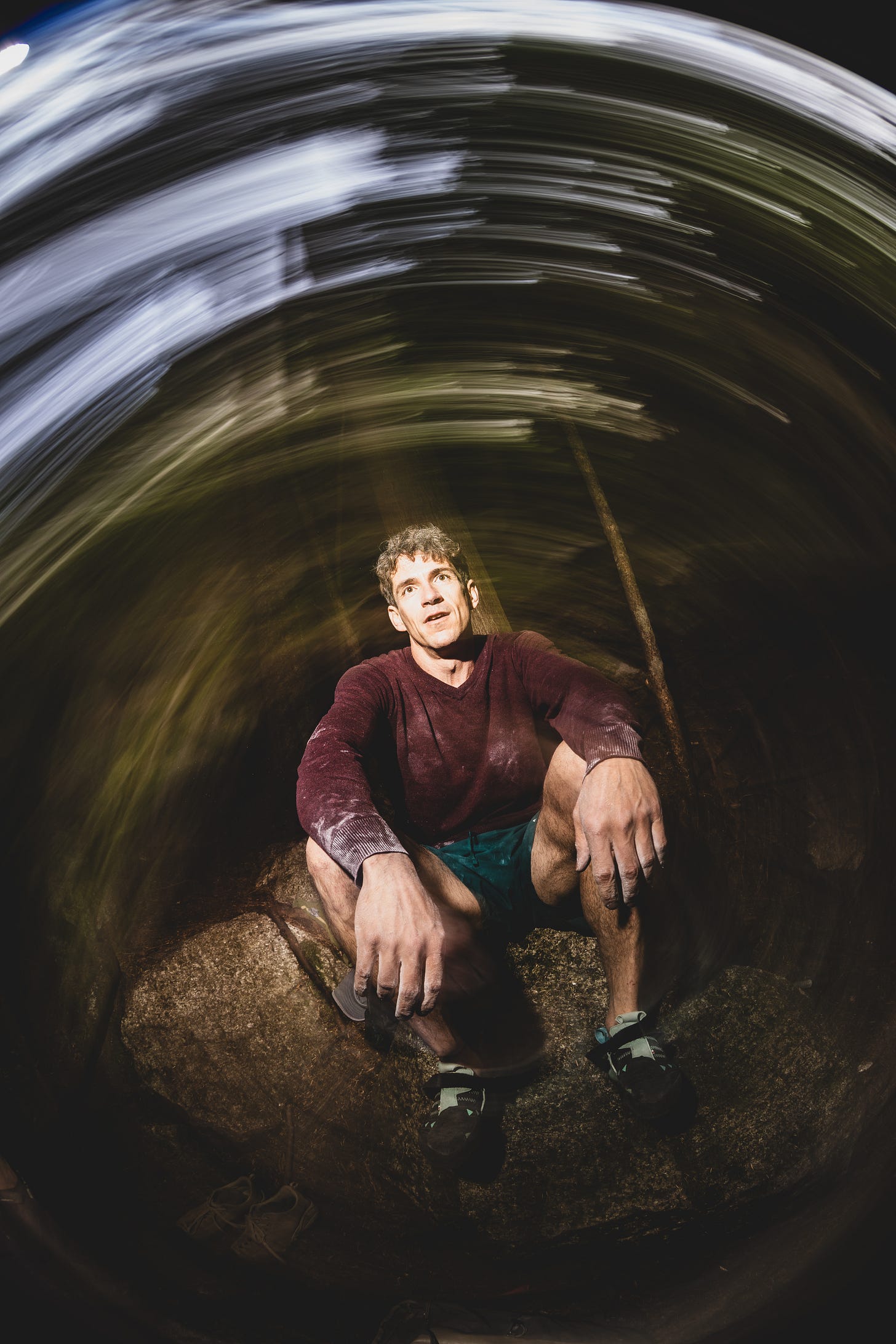degrees of longing
in the shape of a sermon
4. Instructions for living a life: Pay attention. Be astonished. Tell about it.- Mary Oliver, Sometimes
My only wisdom is knowing how to make pots. Who am I to preach? No matter how humble the spirit it's offered in, a sermon is an act of aggression. "The great Way is very simple; merely forgo opinion," says the Taoist, and I know it's true — but there's a preacher in me who just longs to cram my lovely pot with my opinions, my beliefs, with Truths.- Ursula K. Le Guin, Teasing Myself out of Thought
Old Jonah comes out of the belly of the fish as naked as a new child, save for guts, scales, and seaweed matted in his stringy hair and splotching his wet skin. Disgorged onto the gritty banks of a foreign shore, he is truly born again. Reeking of bile and quickly surrounded by black beach flies, he is a picture of helplessness, like a newborn streaked in rust and amnion.
In moments of rebirth it's the world surrounding a person that seems new really. Like the medium of reality itself, the atmosphere enveloping a person, is the thing being midwifed into the world. The former state of being in all its worn-out familiarity dissolves and a stirred-up new temporality settles, clarifies, and firms up around the body.
This ecstatic, suddenly-screaming newborn world presses densely in on the enfeebled frame of the smelly castaway; at this moment maybe the one thing holding Jonah up on his wobbly sea legs. Standing alone on the unknown shore, he now exists as a container only for himself, dispossessed of clothes, papers, coin, and all else that would otherwise define him and did define his fellow Nazarenes.
A great unburdening. Bereft of the trappings of the civilized and socialized, Jonah is finally an essential being, and in the essentializing process he has cast off from himself prejudices against the purported wickedness of those Ninevites he had been sent to enjoin. Viewing this strange land with the wide-eyed openness of a newborn and disarmed at last of the grown-up weapon of a redemption message, he begins walking in peace.
You were once a citizen of the country called: I Don't Know. Remember the boat that brought you there? It was your body. Climb in.- Marie Howe, What the Earth Seemed to Say
My puritanical nature (with a sprinkle of nurture?) has me pleading lightly for forgiveness, at the level of a low background hum and with no specific offense in mind. This reflexive guilt might have been the gift that Jonah was meant to give Nineveh come to think of it. In any case, I understand this odd resting state to be more of a quirky pathology (widely shared among lapsed protestants?) than a particularly terminal disorder. There does seem to be a teeny measure of reasonableness to it though. Willful and avaricious, we humans are always wanting for something more — esteem, control, acceptance, longevity — which does feel a bit of an imposition on natural order. Little irritations rubbing against the smooth sufficiency of an impassive universe, we disturb its peace like grains of sand in a great oyster’s maw, turned over endlessly in anticipation that with enough nagging we’ll come out lustrous pearls.
For sanity, for contentment, or just to keep the streak alive, I meditate most mornings, seeking to at least momentarily tune down that irritating drive for moreness and instead reach for an even more elusive quantity — nothingness. Immaterial and immeasurable; to want more or less of it is to want the same amount. In its indivisibility, nothingness isn't subject to degrees of longing. Wonderfully, it poses no demands for forgiveness. It is an untouchable, acausal thing, and the only thing that in attainment doesn't cast light onto some farther horizon where more potential attainment entices. A real thing in a desert shimmering with mirages.
6. God, rest in my heart and fortify me, take away my hunger for answers, let the hours play upon my body- Mary Oliver, Sometimes
Another of Ryan’s swirly masterpieces



" like grains of sand in a great oysters maw...."
Wonderfully said!